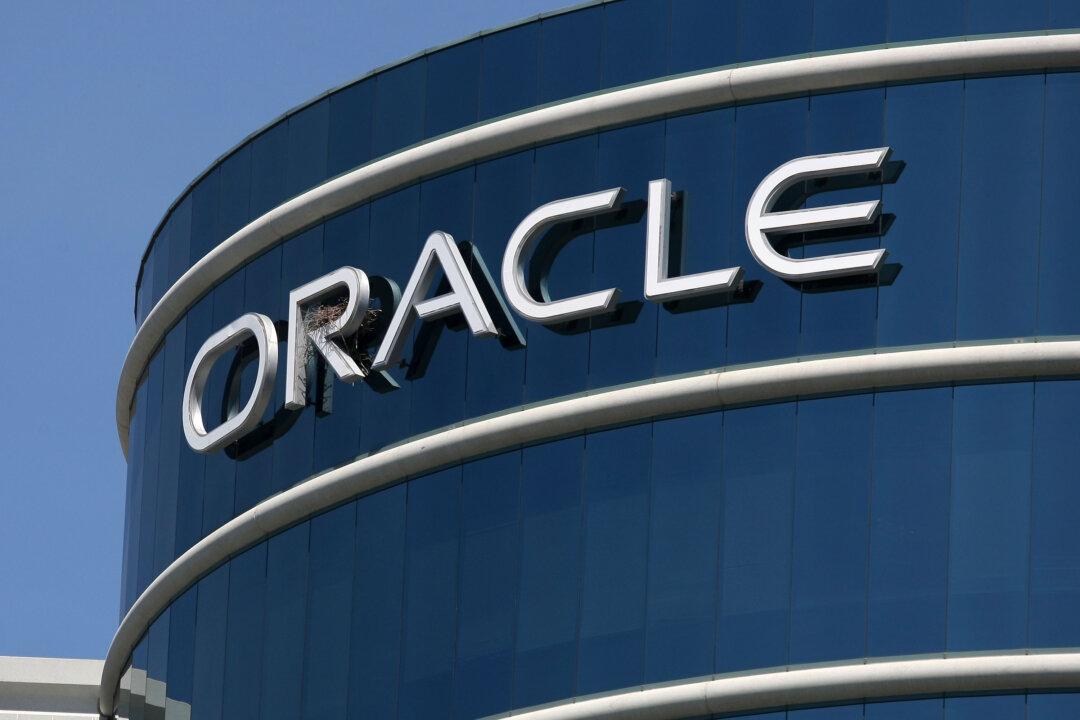Oracle, the world’s largest database software and technology company, has begun laying off about 900 employees at its research and development (R&D) centers in China, according to a recently leaked internal company memo.
The layoffs is the latest bout of bad news amid China’s economic downturn, after former employees at some of China’s biggest tech companies complained of widespread layoffs earlier this year.





